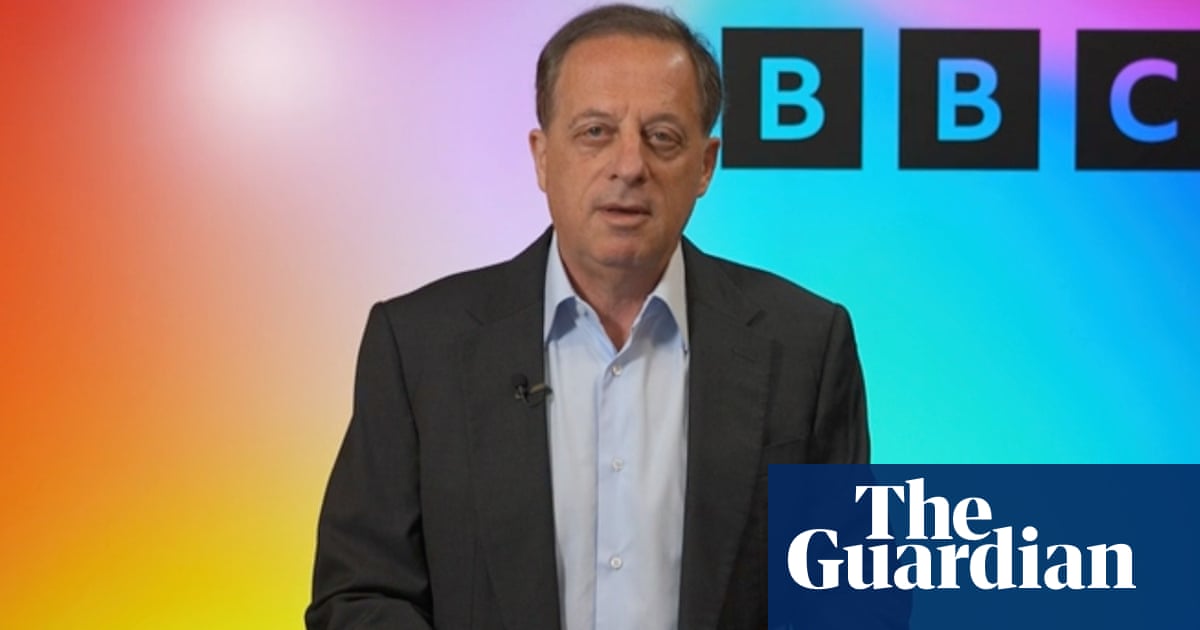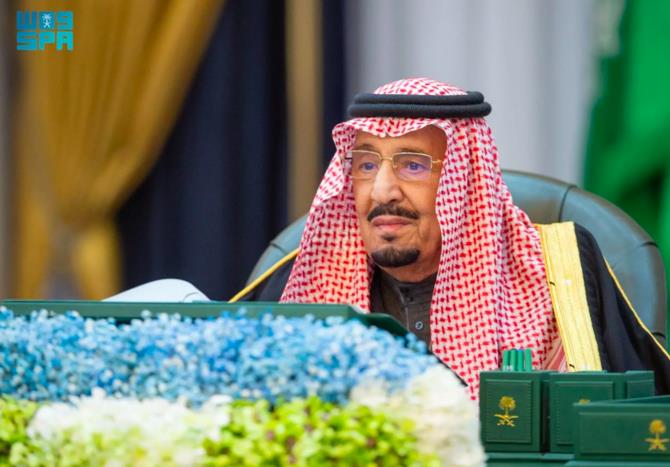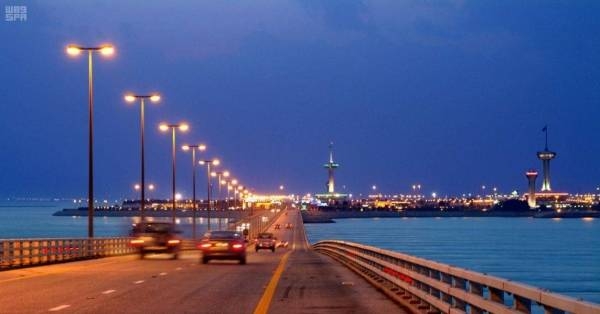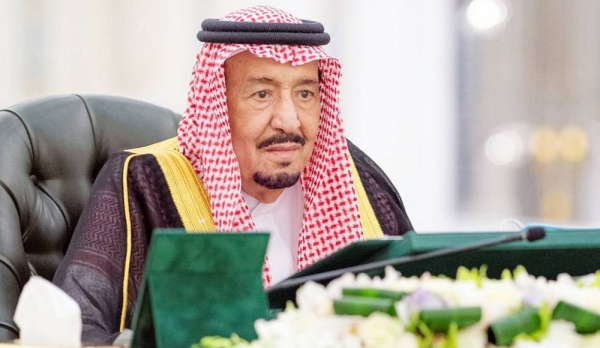
BBC board members will have to declare when they have social drinks or attend dinner parties with cabinet ministers, in the wake of Richard Sharp’s resignation as chair of the broadcaster.
Sharp announced his intention to quit the BBC last month after an external investigation concluded he should have declared his connection to a secret £800,000 loan facility made to Boris Johnson.
The BBC board has now concluded that in the future “meetings between board members and senior political figures – including social events” should be recorded.
Given the BBC board members include some of the best-connected businesspeople and officials in the country, this creates the potential for an extensive record of meetings between the people who ultimately control the national broadcaster and the people who run the government.
However, a BBC spokesperson confirmed this list would be kept for internal use and the public would not be able to view it. Relevant meetings between board members and senior politicians would only be disclosed in published board minutes when considered appropriate.
In addition to recommending an internal disclosure log, an internal review into Sharp by other members of BBC board concluded that “personal and political” relationships that could create a perceived conflict of interest should be declared in the same way that professional and financial relationships are currently disclosed.
The board members concluded Sharp broke internal BBC rules by failing to declare a link to Johnson’s loan when applying for the job of BBC chair. However, they said once Sharp was appointed to the role, he abided by the rules.
The BBC is fighting accusations that it has become too close to the Conservative government and allowed the issue of impartiality to be abused by Downing Street. The Guardian has published internal documents showing how political news coverage was altered after interventions from No 10, while Labour has warned the broadcaster that it is concerned about editorial independence.
BBC Board members include staff such as the director general, Tim Davie, and the head of news, Deborah Turness. They also include government-appointed non-executive directors including Robbie Gibb, a former head of communications for Theresa May’s Conservative government.
Sharp will formally stand down as BBC chair at the end of June, at which point he will be replaced on a temporary basis by one of the BBC’s existing non-executive directors. Rishi Sunak’s government will then begin the formal process of recruiting a new BBC chair who will serve a full four year term – meaning that a potential Labour government could have to deal with a Tory appointee until 2027.












